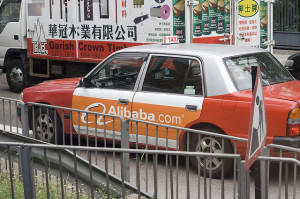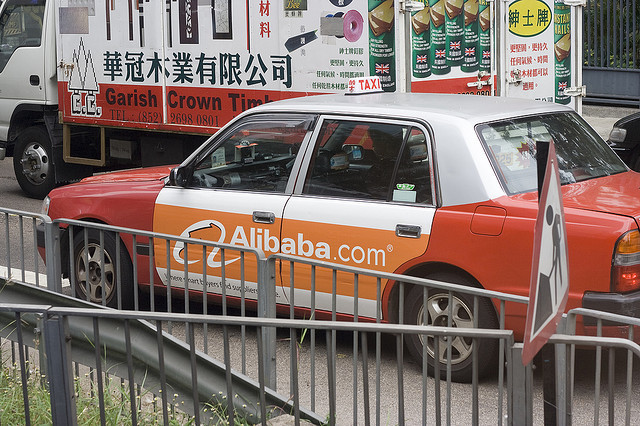 Alibaba might not be as familiar as Amazon or Facebook in the U.S., but it powers 80 percent of the online commerce in the second largest economy in the world. On May 6, after years of anticipation, the Chinese e-commerce giant officially filed for a nominal $1 billion initial public offering.
Alibaba might not be as familiar as Amazon or Facebook in the U.S., but it powers 80 percent of the online commerce in the second largest economy in the world. On May 6, after years of anticipation, the Chinese e-commerce giant officially filed for a nominal $1 billion initial public offering.
Founded 15 years ago, Alibaba now runs an online messaging service and a cloud computing business. Aside from that, it also features three online marketplaces – Taobao, Tmall and Juhuasuan – with 231 million active buyers and 8 million active sellers. Taobao, similar to eBay, allows consumer-to-consumer sales. Tmall, on the other hand, allows businesses to sell to consumers.
Analysts estimated the value of Alibaba to range from $150 billion to $250 billion—putting it in the top ten of the world’s largest tech companies along with Facebook, Google and Apple. Based on this value, Alibaba’s IPO is expected to eclipse the $16 billion that Facebook garnered in 2012 or even the $19.1 billion listing by Visa in 2008. Yahoo owns 24 percent of Alibaba—a stake potentially worth upwards of $30 billion. Yahoo would be required to sell 40 percent of the shares it owns at the IPO – a significant cash infusion that Yahoo could either return to shareholders or use to bolster its frail ad business.
During 2013, $248 billion worth of merchandise was sold through Alibaba. However, the bulk of these transactions was made from personal computers and not mobile devices. This might pose a problem since many users are now shifting to smartphones and tablets. Fortunately, there are various growth strategies relating to mobile platforms that can be implemented. Its core e-commerce business, for example, could be integrated with the Twitter-like service Weibo, in which Alibaba bought an 18 percent stake. The company could also integrate its payment service AliPay for mobile transactions. Still, Alibaba can expect fierce competition from its main rivals on this front. In fact, Tencent, the company that owns WeChat, the most popular chat app in China, recently acquired a majority stake in Jingdong, Alibaba’s main competitor in the e-commerce space, in a bid to dominate and possibly lock out Alibaba from the mobile commerce arena.
However, Alibaba has responded to the new threat created by the merger of Tencent and Jingdong by recently acquiring UCWeb in what is the largest Chinese internet deal. UCWeb owns a number of internet products including the UC Browser (the most popular web browser in China), mobile search service, and the UC9Game mobile gaming platform. Additionally, the company owns a distribution channel mobile app called PP Assistant. Prior to the merger, the two companies had operated as a joint venture since 2009, with Alibaba owning a 66% stake in UCWeb. Although Alibaba had to pay more than the $1.9 billion Baidu paid in 2013 to acquire 91 Wireless, UCWeb is exactly what Alibaba needs to penetrate the mobile commerce space, not only in China but also globally, because more than half a billion people worldwide use the UC Browser.
Alibaba lags behind eBay and Amazon in terms of sales in the U.S., but the share sale will give Alibaba greater access to the U.S. market. In addition, the listing will open up opportunities for investors to participate in the large and fast-growing market in China.

